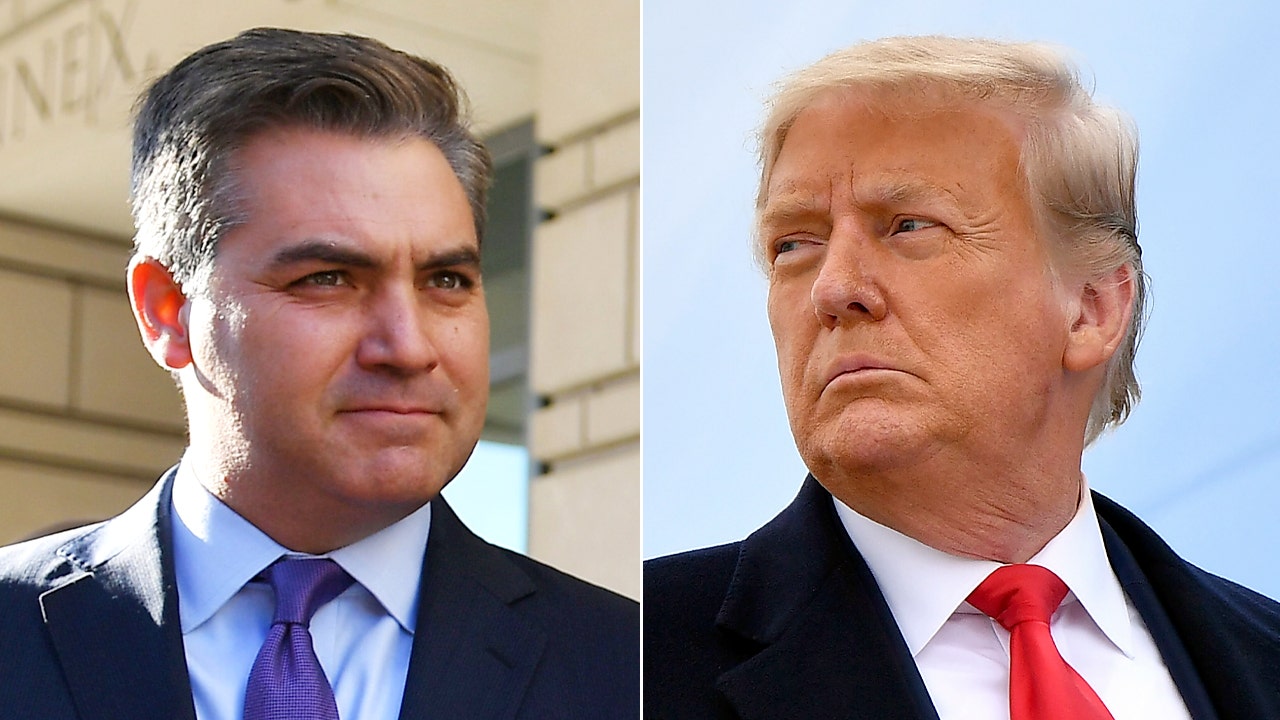ARTICLE AD BOX
A former CIA analyst is preparing to tell the secret history of the U.S. government’s domestic spying apparatus, in a new book to be released in April.
Cato Institute Senior Fellow Patrick Eddington’s “The Triumph of Fear” reveals the American government’s surveillance efforts using primary source materials that were previously unavailable to federal investigators and researchers alike.
Those materials include “literally hundreds of thousands of pages” of federal records, first-person accounts, congressional hearings and reports, and more secondary sources, according to a copy of the book obtained by The Washington Times.
After years spent fighting with government officials and battling in federal courts to unearth the records, Mr. Eddington wrote that efforts to reform the government’s spying powers have proven unsuccessful.
He told The Times that the incoming leadership of the intelligence community and FBI should support “real restraints on their activities as it pertains to collecting data on or investigating Americans.”
“If Americans want to preclude their government from spying on them absent probable cause, they need to demand a ’no probable cause means no warrant and no exceptions’ legal standard,” Mr. Eddington said. “That’s not currently the case.”
Mr. Eddington’s book provides a rich vein of information for researchers, investigators and journalists working to understand the federal government’s secret surveillance and political repression capabilities.
The author resigned from the CIA in 1996 amid concern about the agency’s work involving Operation Desert Storm, and now works for Washington most prominent libertarian think tank.
In the intervening years, he has emerged as a leading watchdog successfully prying loose records through Freedom of Information Act requests, litigation and extensive stays at presidential libraries and the Library of Congress.
The abuses he has helped uncover include detailed records showing FBI agents violating their own rules hundreds of times while conducting investigations involving politicians, religious groups, the news media, and others.
Mr. Eddington’s hidden history of government surveillance points to a more than 60-year period from the years after the Spanish-American War through to the dawn of the Kennedy era as an origin of when federal agencies vastly expanded domestic surveillance operations.
The new book will arrive on shelves little more than 50 years after Sen. Frank Church, Idaho Democrat, and his colleagues began digging into domestic snooping by federal agents and other illicit activities of the intelligence community. Mr. Eddington writes in his book that subsequent efforts to rein in the government’s behavior have failed.
“It is clear that despite the best intentions of Church and his colleagues, their efforts to prevent a repeat of the surveillance and political repression abuses of the first half of the 20th century failed,” Mr. Eddington wrote. “In the decades since the Church Committee completed its work, multiple additional incidents of NSA, CIA, FBI, and other federal agency and department domestic surveillance scandals have surfaced with considerable regularity.”
He wrote that the failures are not limited to individual presidents overseeing the executive branch. Congress provided federal officials with the tools needed to conduct domestic snooping while federal courts enabled secrecy, surveillance, and repression.
If the new Trump administration, Congress and courts will change course, Mr. Eddington makes clear that collective effort is necessary from all three branches of government. He wants to see Congress end political witchhunts and urges judges to stop giving deference to the executive branch on national security matters.
He told The Times he wants Attorney General Pam Bondi and FBI Director Kash Patel to demonstrate they will accept curbs on their authority to spy on Americans.
“Bondi and Patel could demonstrate that by supporting an actual legal charter that would prohibit investigations of persons or organizations engaged in political or otherwise First Amendment-protected activity,” he said.

 1 month ago
34
1 month ago
34








 English (US) ·
English (US) ·